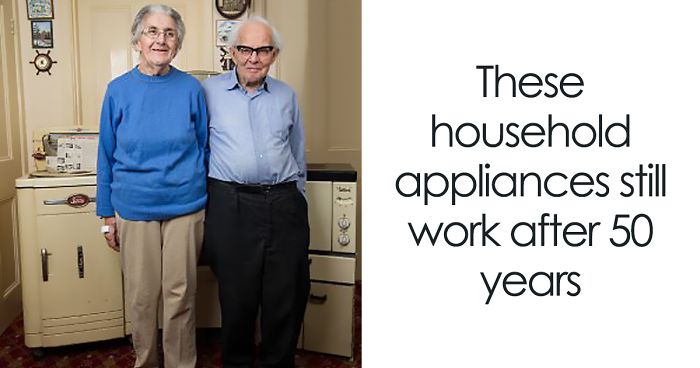
This Elderly Couple Bought Their Household Appliances In 1950s, 50 Years Later They Still Work!
These days it seems as if nothing is made to last. Phones break too easily. Televisions die for no reason. Shoes fall apart after barely a year. It’s almost as if manufacturers deliberately make things badly in order to force consumers to constantly buy new stuff (crazy thought, right?).
If you ever needed proof that “they don’t make ’em like they used to anymore” then look no further than Sydney and Rachel Saunders from Exeter, UK, because the elderly couple, both in their 80s, have been using the same home appliances that they bought over half a century ago! Their tumble dryer, boiler, cooker, and washing machine cost them just £146 GBP ($193 USD) when they first purchased them way back in 1956, and somewhat incredibly, they continue to work to this day.
“Things were made better in those days, they were more durable and stronger,” said Mr Saunders, a retired accountant. “We were given the washing machine when we were married – 62 years ago – and the last time it was used was 12 years ago,” added his wife Rachel, a retired carer. “As far as I know it’s still in full working order, it just leaks a bit. You just don’t get appliances made like that today.”
The couple have finally decided to part with their antique appliances after all these years, but Mr Saunders isn’t bothered about how much they might get for selling them. “I’d like them to go to a museum or something like that so they can be preserved,” he said.
Image credits: David Hedges SWNS
Image credits: David Hedges SWNS
Image credits: David Hedges SWNS
Image credits: David Hedges SWNS
Image credits: David Hedges SWNS
Image credits: David Hedges SWNS
Image credits: David Hedges SWNS
Image credits: David Hedges SWNS
Image credits: David Hedges SWNS
Image credits: David Hedges SWNS
Image credits: David Hedges SWNS
91Kviews
Share on FacebookYep. The manufacturers realized that if their product kept working for a long, looong time, they'd just lost a customer for that very specific period of time. Make shittier product that's also much cheaper to make, you get endless money.
Load More Replies...As much as I appreciate the idea of keeping things for as long as possible I wonder how energy efficient their appliances are in comparison to ones created today
Your energy efficiency goes to the trash when you have to throw away an appliance every 3 or 4 years. Think about the amount of harmful chemicals and the energy used to do these appliances constantly and the "recycling" carbon print. ;)
Load More Replies...I still use a 1950's GE Electric stove/oven that my parents purchased when they built their house. Works like a charm!
We use a kitchen machine my mother in law bought almost 40 years ago
Load More Replies...Yep. The manufacturers realized that if their product kept working for a long, looong time, they'd just lost a customer for that very specific period of time. Make shittier product that's also much cheaper to make, you get endless money.
Load More Replies...As much as I appreciate the idea of keeping things for as long as possible I wonder how energy efficient their appliances are in comparison to ones created today
Your energy efficiency goes to the trash when you have to throw away an appliance every 3 or 4 years. Think about the amount of harmful chemicals and the energy used to do these appliances constantly and the "recycling" carbon print. ;)
Load More Replies...I still use a 1950's GE Electric stove/oven that my parents purchased when they built their house. Works like a charm!
We use a kitchen machine my mother in law bought almost 40 years ago
Load More Replies...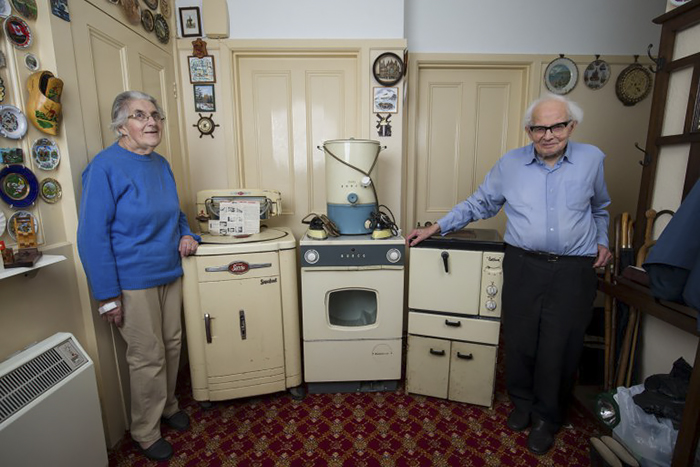
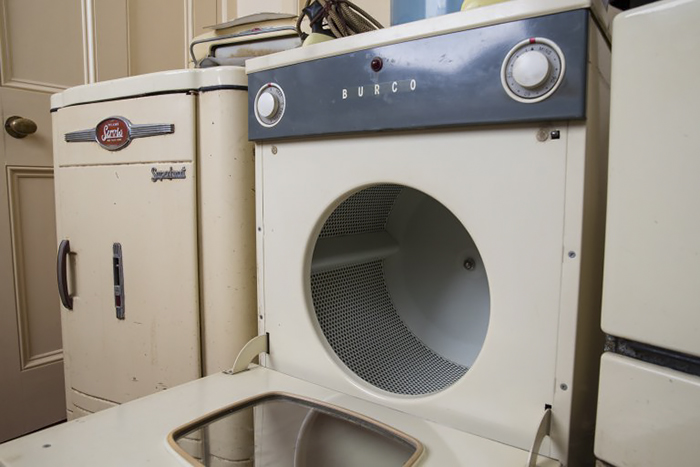
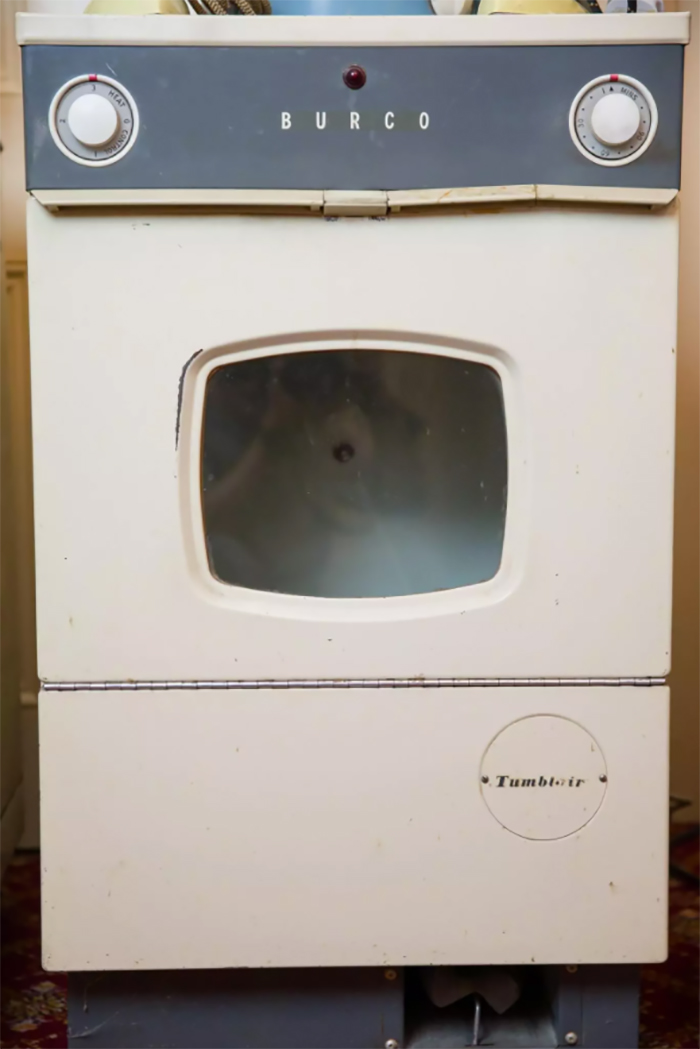
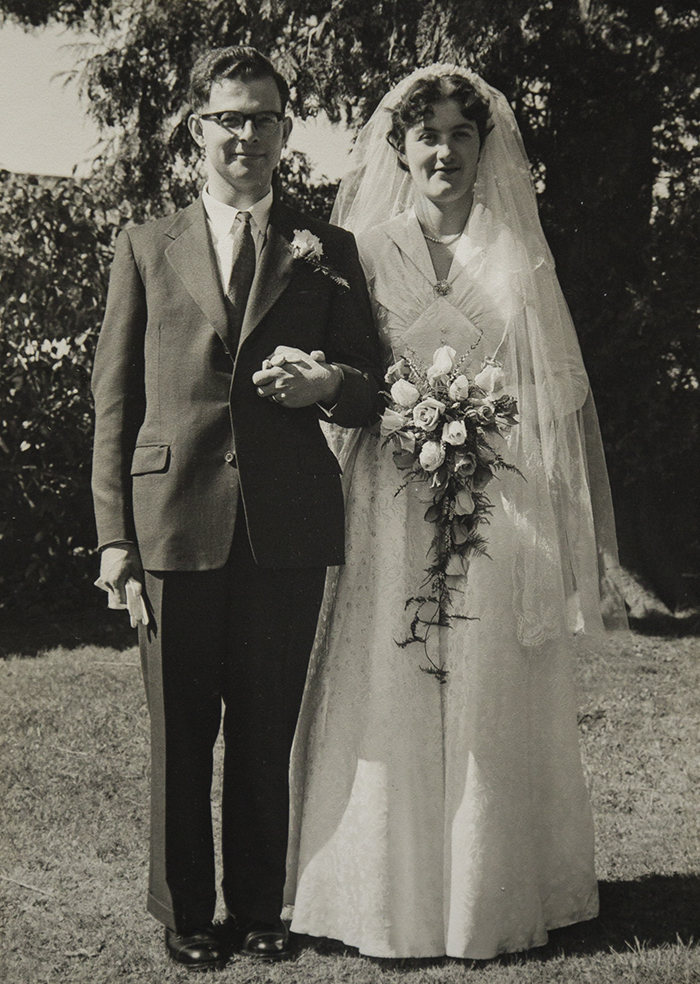
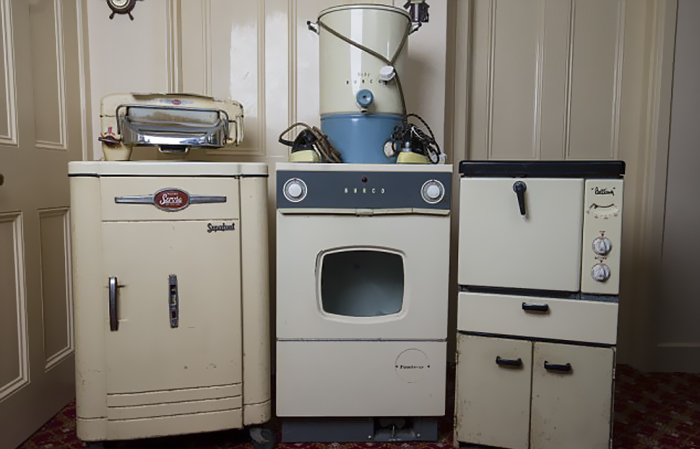
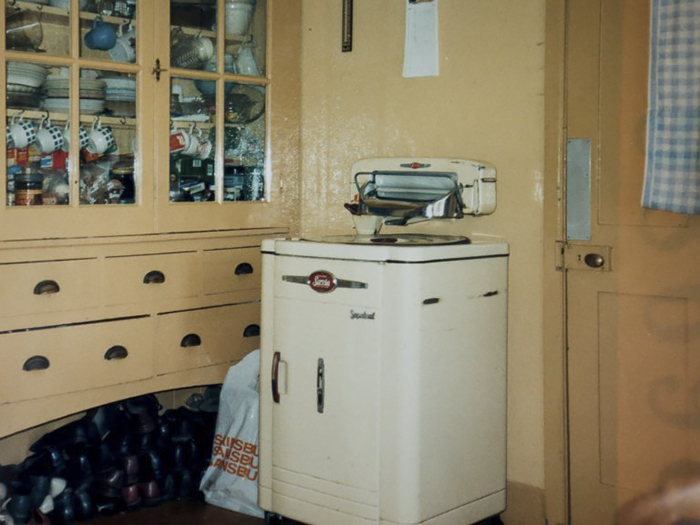
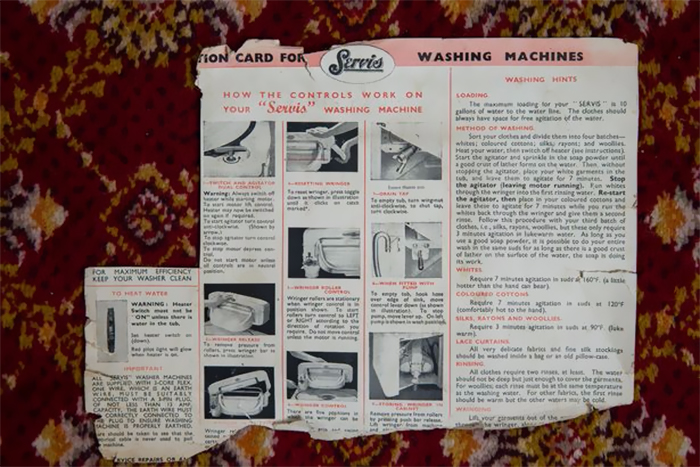
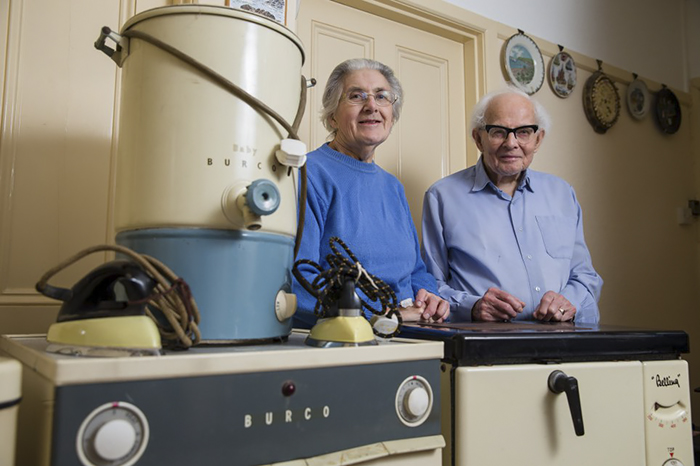
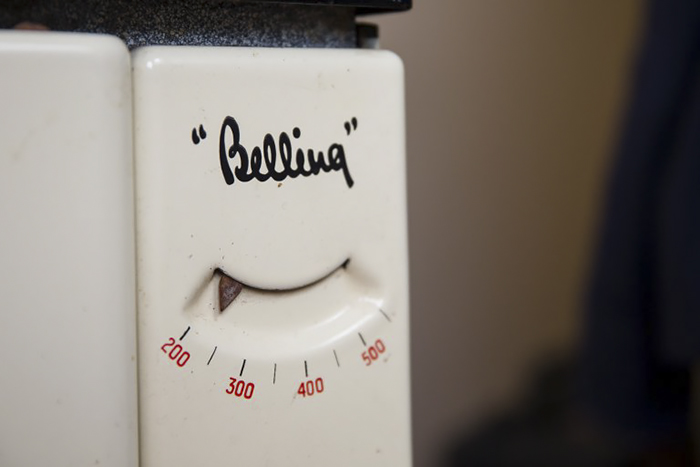
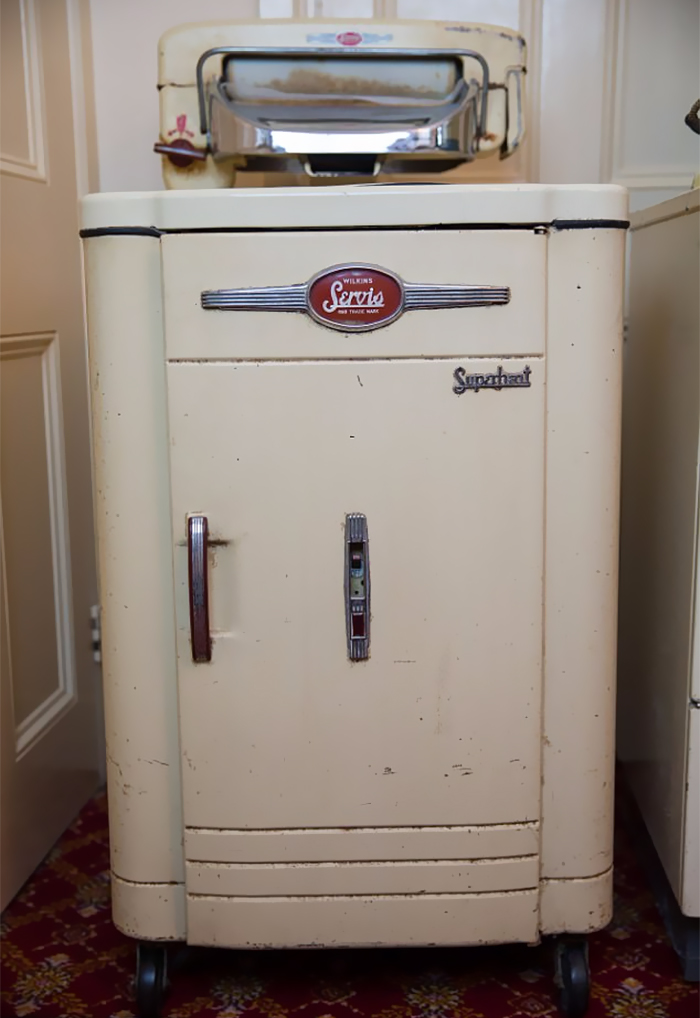
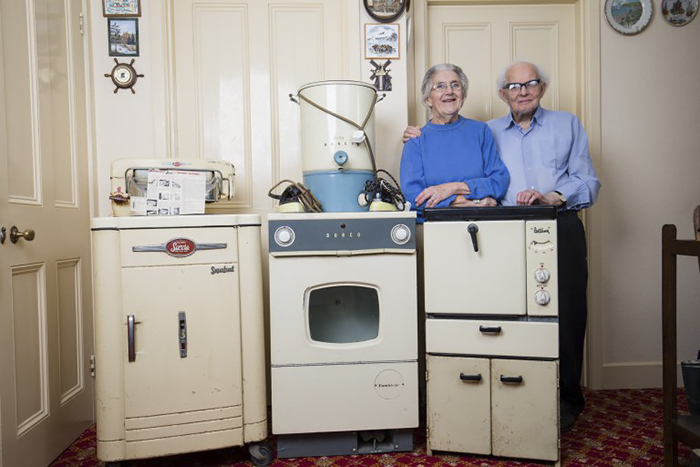



224
46